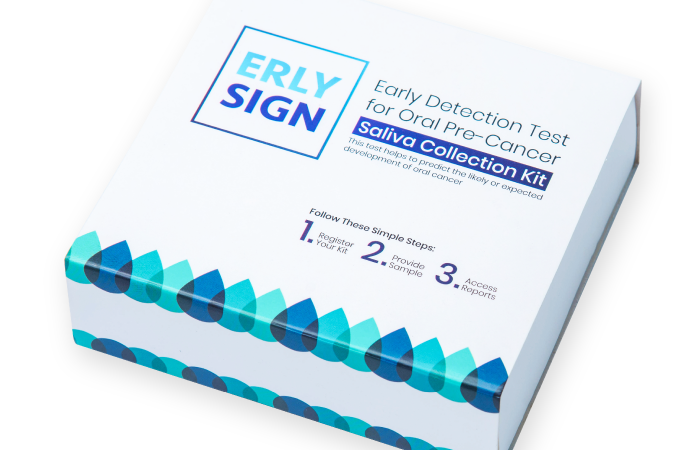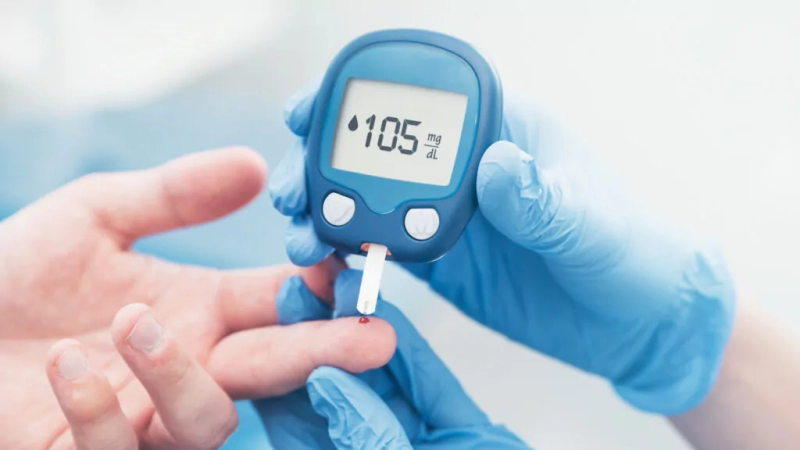The Health Ministry of India received a formal written request from the Indian Association of Dermatologists, Venereologists and Leprologists for the cause to stop the sales of non-prescribed corticosteroids. The Ministry too thinks that the sale of non-regulated fairness creams laced with steroid is not fair. A proposal from skin specialists is now considered by the CDSCO. The suggestion is to check on the sales of Corticosteroids in the fairness creams causing health hazards.
The task force of Indian Association of Dermatologists, Venereologists and Leprologists wanted the sales of corticosteroids to stopped completely unless there is an prescription. The national scientific coordinator of the pharmacovigilance programme (PvPI) and head of the Department of Pharmacology, AIIMS – Dr YK Gupta said “The petition has raised the issue related to the indiscriminate sale of corticosteroids without prescription in India due to the unregulated market, and also makes an effort to sensitize common people about the risks associated with their use”
To be lovely and fair is is becoming a craze among South East Asia especially Indians. An Delhi based Dermatologist, Dr. Deepali Bhardwaj warned, “Applying steroids on skin can induce Rosacea (facial redness) and can also cause permanent thinning of skin, hypo pigmentation, hirsuitism (hair growth), make the skin look transparent and hence the blood vessels become more visible there. Also, it can lead to diabetes over prolonged periods of time too”. A survey is to be planned on the adverse effects of cosmetics containing corticosteroids by PvPI. Proper checks on the advertisements of the cosmetics has also to be done.
Despite of being not approved, the abused steroids are widespread in the Indian cosmetics market. The Drug Controller General of India, Dr GN Singh said that based on the current scenerio, several changes in the Drugs and Cosmetics Act has been recently made. India is going to have more stringent regulations on fairness creams. The current practice of cosmetics regulations and its process of applying is detailed in – Step by Step Process of Cosmetic Registration in India
Other News
India Medical Device Pricing Strategy: Ensuring Growth & Affordability
India’s National Pharmaceutical Pricing Authority (NPPA) is developing a specialized India medical device pricing strategy for medical devices, transitioning away from the conventional drug-centric framework. This innovative strategy will incorporate international pricing tactics tailored to […]
Read MoreImports of High-Value Medical Equipment
High-Value Medical Equipment The Central Drugs Standard Control Organization (CDSCO) and the Central Board of Indirect Taxes & Customs have released a new circular, “F.No.401/40/2021-Cus.III,” detailing updated policies on the import of used high-end medical […]
Read MoreSEC Committee: Pioneering Medical Approvals
New important article released by Central Drugs Standard Control Organization (CDSCO) titled “SEC – Special Expert Committee, Medical Devices”. Key highlights include the streamlined processes for CDSCO application evaluations, preparation and significance of briefing materials, […]
Read MoreErlySign Oral Cancer Detection Technology Gets CDSCO Nod
ErlySign, a Nagpur-based biotech startup, has received approval from the Central Drugs Standard Control Organization (CDSCO) to conduct large-scale clinical trials for its novel oral cancer detection technology. The approval for ErlySign follows a rigorous […]
Read MoreAdditional Steps Announced by FDA to Modernize Clinical Trials
The U.S. Food and Drug Administration has made draft guidance available with updated recommendations for good clinical practices (GCPs), which are intended to modernize the clinical trial design and conduct while maintaining data integrity and […]
Read MoreAccreditation and Registration Numbers for Foreign Manufacturers Publication by PMDA
This article deals In accordance with the Pharmaceuticals and Medical Devices Act (PMD Act) of Japan, foreign businesses that wish to produce pharmaceuticals, quackery products, active pharmaceutical ingredients (APIs), or medical devices abroad and import […]
Read MoreBSI New Certification to Mitigate Antimicrobial Resistance Risk in Antibiotic Manufacturing
BSI, the business improvement and standards company, has developed a new certification to mitigate the risk of antimicrobial resistance (AMR) in antibiotic manufacturing. The certification, called the Minimized Risk of Antimicrobial Resistance (AMR) certification, will […]
Read MoreTUV SUD Inspects IVD Medical Devices’ Cyber Security
The growing digital connectivity of medical infrastructure is resulting in complicated systems with a plethora of diverse interfaces that are potentially vulnerable to assault. The IVD requires producers to provide proof of cyber security before […]
Read More



